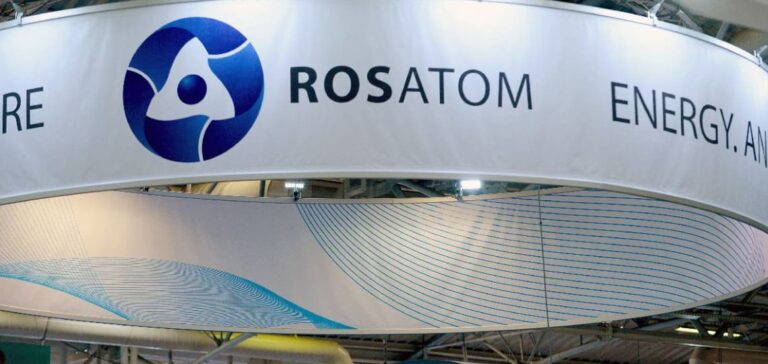Rosatom has carried out tests on the fuel used in its VVER-1200 reactors to assess its performance under varying load conditions. These tests were carried out in the MIR research reactor at the Dimitrovgrad Atomic Reactor Research Institute. The aim was to simulate the operating conditions of an 18-month cycle with daily power variations. These technological innovations could also boost Rosatom’s international presence. The Russian company also recently signed a cooperation agreement with the Malian government.
Test results
Rosatom ‘s tests included power cycles from 100% to 40% and vice versa, over a 224-day period with 218 cycles of power variation. Alexander Ugryumov, Senior Vice President of Scientific and Technical Activities at TVEL, said that the results demonstrate that the VVER-1200 fuel retains its integrity and efficiency despite these rapid power changes.
Impact on Industry
These results are significant for operators of nuclear power plants using VVER-1200 reactors. The ability of these reactors to follow load variations without compromising fuel performance offers greater flexibility in managing energy production.
Future prospects
Integrating this load-following capability into daily reactor operations could optimize power grid management, particularly in markets where nuclear power accounts for a substantial share of total generation. This could also improve the economic efficiency of nuclear power plants, by enabling a better response to fluctuations in energy demand.
Rosatom’s tests on VVER-1200 fuel show a major advance in the flexible operation of nuclear reactors, offering promising prospects for the future of the industry.





















